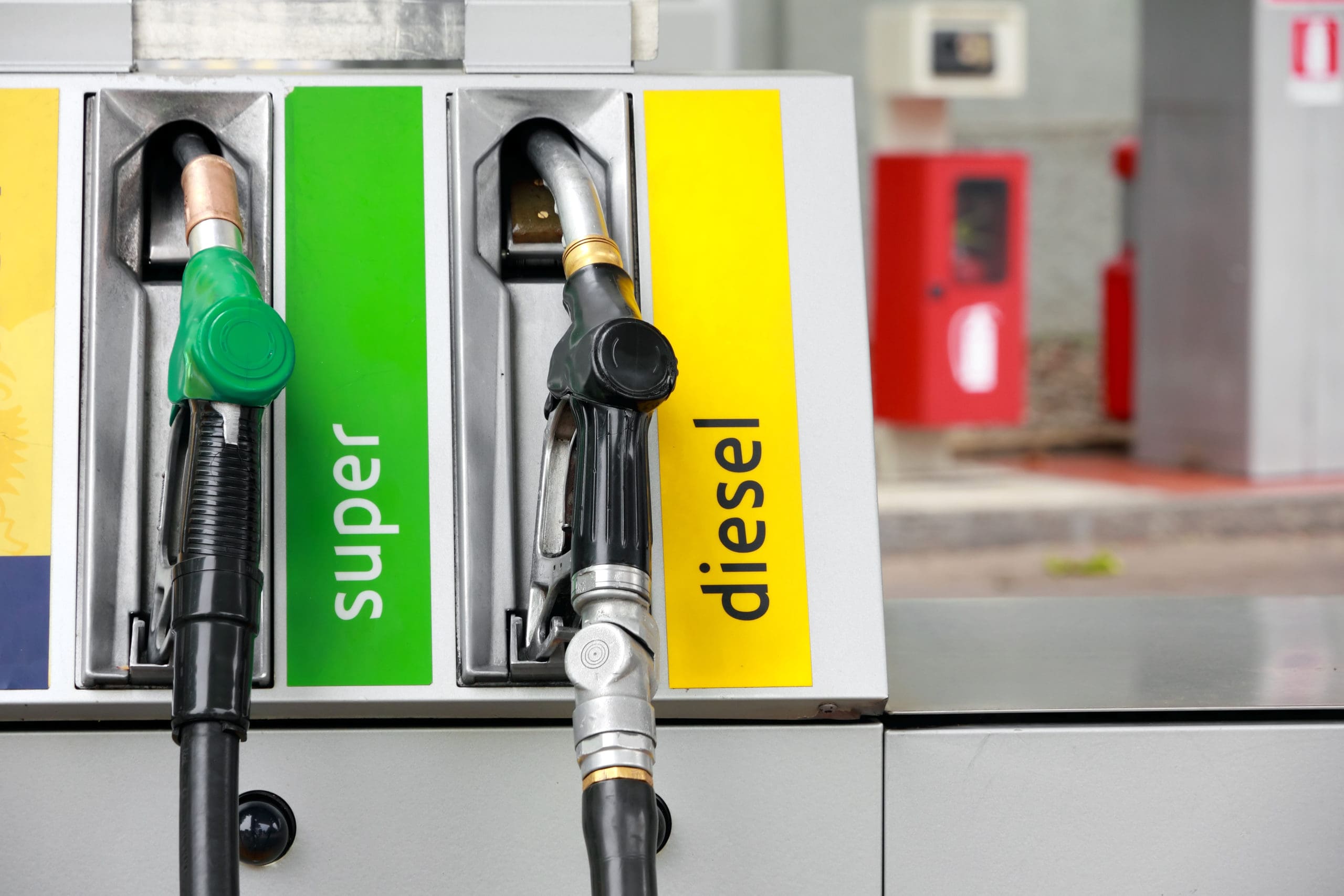
So, business is good and you are ready to add more trucks to your fleet. You have already selected the manufacturer but now you have a decision to make about the engine. Should your trucks run on diesel or gasoline?
Always a tricky question, and there’s really no right or wrong answer. However, with the tips we have listed below, we can certainly make your decision easier regarding which kind of fuel should power your truck.
# 1: Fuel Economy
Diesel engines score majorly over gasoline ones in fuel economy, as they consume 30% to 35% less. This is because of their leaner combustion process, which uses up less fuel. Fuel economy is also better as diesel fuel has a higher energy density than gasoline. In short, you would require less fuel to get the same power generated by gasoline.
# 2: Costs
You probably don’t have an unlimited budget to splurge on trucks and need to be smart with your funds as a fleet manager. Always look at short-term and long-term benefits before making your decision.
Diesel engines cost more — in fact, sometimes thousands more than a gasoline engine. In many cases, diesel engines may even cost twice as much as gasoline ones due to strict regulations introduced by the Environmental Protection Agency (EPA) related to exhaust emissions, especially for diesel. For the manufacturer, this means more investment in upgrading diesel technology to comply with regulations, and the cost burden is then passed on to you.
While gasoline engines are cheaper, as per the fuel economy yardstick, you may find diesel engines a better investment for the long run. Fleet owners say a good yardstick is the 30,000 miles rule. Once you see that figure on your odometer on a diesel truck, you’ll see the financial benefits as opposed to gasoline engines. Of course, the truck has to clock several thousand miles a year before you begin see your investment in diesel engines pay off. Otherwise, gasoline engines are a safer bet.
As for fuel costs, diesel costs more than gasoline. This is because of environmental factors and taxes. When buying your trucks, keep in mind that many gas stations do not have diesel pumps. As a result, your drivers could be all over the place looking for such a facility. That means more fuel consumed unintentionally!
# 3: Maintenance
Diesel engines require more maintenance than their gasoline counterparts. They have parts that are not found in gasoline engines and can occasionally be hard to find. The water separators and fuel filters require replacement more frequently than for gasoline engines. Spark plugs, coolant, and oil also have to be changed more frequently. Routine maintenance adds significantly to costs down the line. While mechanics for gasoline engines are easy to find, it is difficult to find one with expertise in diesel engines. Diesel trucks, according to experts, also require 2.5 to 4.5 more downtimes a year. A truck off the road does not earn money!
# 4: Durability
Diesel engines are more durable and last longer. Their engine parts, like valves and pistons, are sturdier. The exhaust system can also outlast that of a gasoline engine. This is because diesel fuel is not as corrosive as gasoline.
# 5: Resale value
Your gasoline-powered truck would fetch you less in the used truck market than a diesel truck. Say your diesel truck has 200,000 miles on the odometer, as does one powered by gasoline. You would typically find more buyers for the former. This is because even after 200,000 miles, a diesel truck can more than likely get several thousand miles more before heading to the junkyard.
# 6: Load factor
Gasoline-powered trucks are ideal for hauling lighter loads while diesel engines are perfect for towing and heavier payloads.
It would be unfair for us to tell you to choose one type of fuel over another, but these points should help make your choice easier.
Happy trucking!



